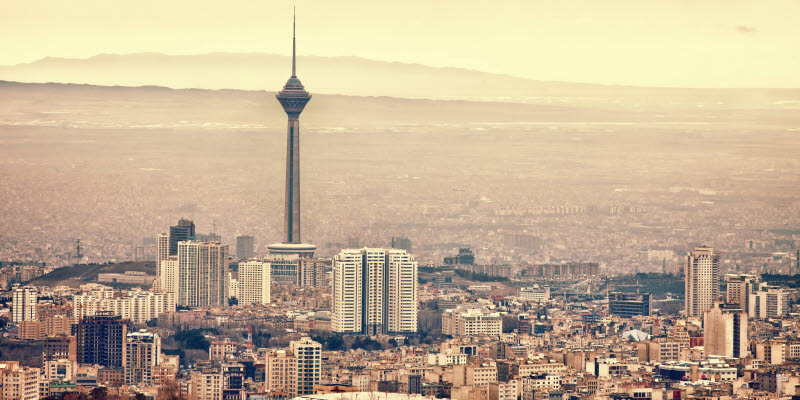Kourosh Ziabari – Medium: There’s a lot going on about Iran in the headlines these days. Saudi Arabia finds it useful to direct timely and untimely ad hominem attacks against Tehran for its interference in the Yemeni affairs; the U.S. ambassador to the United Nations confidently lashes out at Iran in her speeches, talking about the need for the international community to condemn Iran for its destructive regional role, crackdown on human rights activists and pursuit of nuclear and ballistic missile technologies.
At home, people, whether those working as government employees or those running small enterprises are complaining about their situation. People of Iran by nature are never easily-satisfied and find the people in power the handiest targets to ward off their anger towards, even when they make the wrong choices themselves and must blame their own approach to the ballot box.
Authorities, also, barely and rarely hold themselves accountable before the populace and as a result, the resignation of the Minister of Transport in protest against the incompetence of his advisers or technicians in an air tragedy with tens of casualties or as a sign of solidarity is a rarity and doesn’t happen when expected by the public.
It is true that Iran maintains a reasonable regional presence, in the territorial waters, negotiates with its global partners on a regular basis, and has made it clear that is willing to continue abiding by its commitments under the July 2015 nuclear deal; nevertheless, these are the basic steps every country takes to keep its diplomacy alive and its international relations ongoing.
Iran, like any regional power, sometimes turn to unrealistic and awkward options to fulfil its ambitions, such as backing the militia in Yemen or doing things, which its detractors might interpret as instances of it exporting its revolution; the accusations sometimes turn out to be correct when a number of Sunni-majority countries get together in the Arab Union and issue angry statements in condemnation of Iran’s hyper-activity.
However, to blame the entire world’s problems on Iran won’t solve everything in the universe, which is not in the right place or shape, because Iran is not the only player that mistakes things! Many of those who play devil’s advocate on Iranian politics are ignorant of this obvious reality that Iran sometimes makes absolutely inspiring contributions, as well: winning two Academy Awards or having an Iranian Chevening scholar debating at Cambridge Union! Iran of course does contribute negatively, and sometimes, these contributions should be restrained or held back by a warning; however, the proportionality of the warnings and cautions directed at Iran should be taken into account. To defame a country on a regular basis undermines unity, self-esteem and national pride in that country and generates frustration and alienation among the youths and the future-makers dismayed at clueless politicians and “all-knowing” leaders here and there, and produces unanswered questions.
Iran is not the only source of all problems in the world and it’s something that many wise diplomats and politicians know very well but rarely admit publicly. Iran doesn’t instigate wars, the same way it hasn’t since the 1979 revolution, and doesn’t take military action unless in self-defense. It has politicians and religious figures who speak fiercely, harshly and sometimes aggressively. But the actions of the government aren’t as detestable as the rhetoric of those who run it.
Iran has been a victim of international terrorism and international bullying by Saddam Hussein; however, the war tactics used by Iran’s army at a time its cities where showered with Russian missiles of the Saddam regime were themselves questioned by military experts who were surprised at the mediocrity of Iranian response. Political realities mean that Iran even doesn’t claim monetary compensation for some of the irreparable damages it endured, and when Saddam Hussein was caught, tried by the Iraqi Special Tribunal and executed on 30 December 2006, which was perchance the day of Eid al-Adha, Iranians didn’t get the greenlight of their government to celebrate the death of the dictator on the streets.
This article was originally published on Medium.

